A lifetime of adventure: explorer John Blashford-Snell
From the Congo to the Darién Gap and back to Dorset, John Blashford-Snell has always set out with a purpose
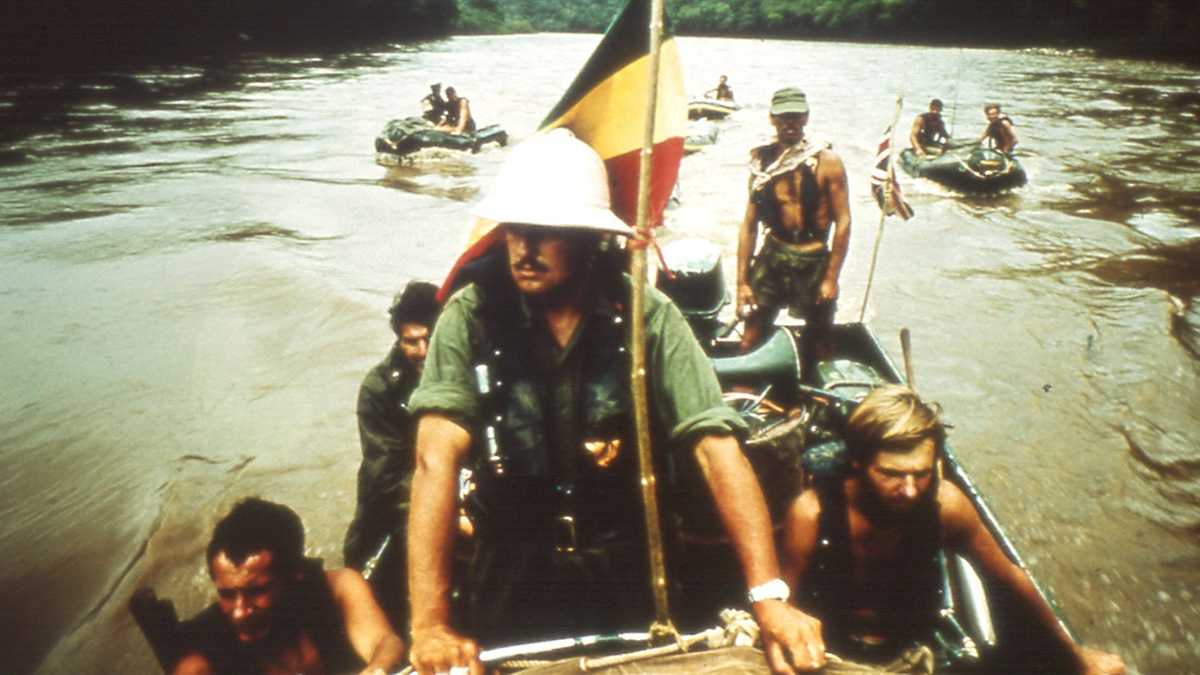
A free daily email with the biggest news stories of the day – and the best features from TheWeek.com
You are now subscribed
Your newsletter sign-up was successful
My ancestral home is Jersey. Growing up in the 1950s, it was a wonderful place for adventure with all the disused German tunnels and paraphernalia left over from the occupation, and I would spend hours exploring the local territory. My curiosity was piqued and I have spent the rest of my life trying to satisfy it. I had two heroes at this time: the Austrian biologist and diving pioneer Hans Hass and the marine explorer and conservationist Jacques Cousteau. These two men dominated my life as a boy and all things underwater fascinated me.
I attended the Royal Military Academy Sandhurst, eventually becoming a Royal Engineer. This was a wonderful way to satisfy an adventurous spirit and I was actively encouraged to go exploring – as long as I took some soldiers with me. I spent 37 years in the British Army and another two with the Territorial Army and have taken part in more than 100 expeditions in total.
I think part of the appeal is that there is always an element of danger – unknown territory, hostile people or unpredictable wild animals. All the expeditions have been thrilling, but the descent of the Blue Nile in 1968 was one of the most exciting. During this trip, we used Avon inflatable rafts to navigate rough water full of rocks – we were the original white-water rafters.
The Week
Escape your echo chamber. Get the facts behind the news, plus analysis from multiple perspectives.

Sign up for The Week's Free Newsletters
From our morning news briefing to a weekly Good News Newsletter, get the best of The Week delivered directly to your inbox.
From our morning news briefing to a weekly Good News Newsletter, get the best of The Week delivered directly to your inbox.
The toughest trek of my life was probably the 1971/72 Darién Gap crossing in Central America, part of a longer expedition to cross both American continents. It took 100 days to get through the 250-mile zone – dense jungle full of crocodiles, snakes and bandits.
In 1969, drawing on our experiences, some colleagues and I established the Scientific Exploration Society, which involved servicemen and civilian scientists and conservationists going on expeditions together, charting new territory and, at the same time, providing community and environmental aid. Then in 1974/75, when we were planning to navigate the 2,700 miles of the Zaire River (now the Congo), we decided to run a competition to recruit 17- to 22-year-olds from Jersey to swell the ranks. HRH The Prince of Wales heard about the project and contacted me to say why not take 200 or 300 youngsters? I told him it would require funding of £1m and he immediately got behind us, writing letters to gather support and encourage donations.
That was the start of Operation Drake and an expedition that involved sailing the world. The journey took two years to complete, with youngsters joining us for three months at a time. Out of the 58,000 that applied from around the world, 400 took part in that first adventure. Later, it became Operation Raleigh, and tens of thousands have been involved since 1984 with the aim of contributing something positive to the world while exploring it.
Around this time, I realised that there were some young people that, due to their environment, would never be in the position to apply for Operation Raleigh. I had moved to Dorset – having retired from the Army – and deliberately bought a property with outbuildings that could be converted into living accommodation. I became involved in several projects working with inner-city youths from Merseyside and South London. Children come to our home and spend time in the countryside or learn to sail; it is hugely rewarding.
A free daily email with the biggest news stories of the day – and the best features from TheWeek.com
There is so much in the world that is still undiscovered and unexplained. I can’t see a time when I will ever stop exploring – I have recently been to Peru, Costa Rica and Assam. If I can encourage others to expand their horizons by looking at what the world has to offer – as well as giving something back – then I will know that I have done something worthwhile.
Colonel John Blashford-Snell OBE is a prolific public speaker; he is also an ambassador for Zenith watches. His autobiography, Something Lost Behind the Ranges, is available through the Scientific Exploration Society; ses-explore.org
-
 Primatologist Jane Goodall dies at 91
Primatologist Jane Goodall dies at 91Speed Read She rose to fame following her groundbreaking field research with chimpanzees
-
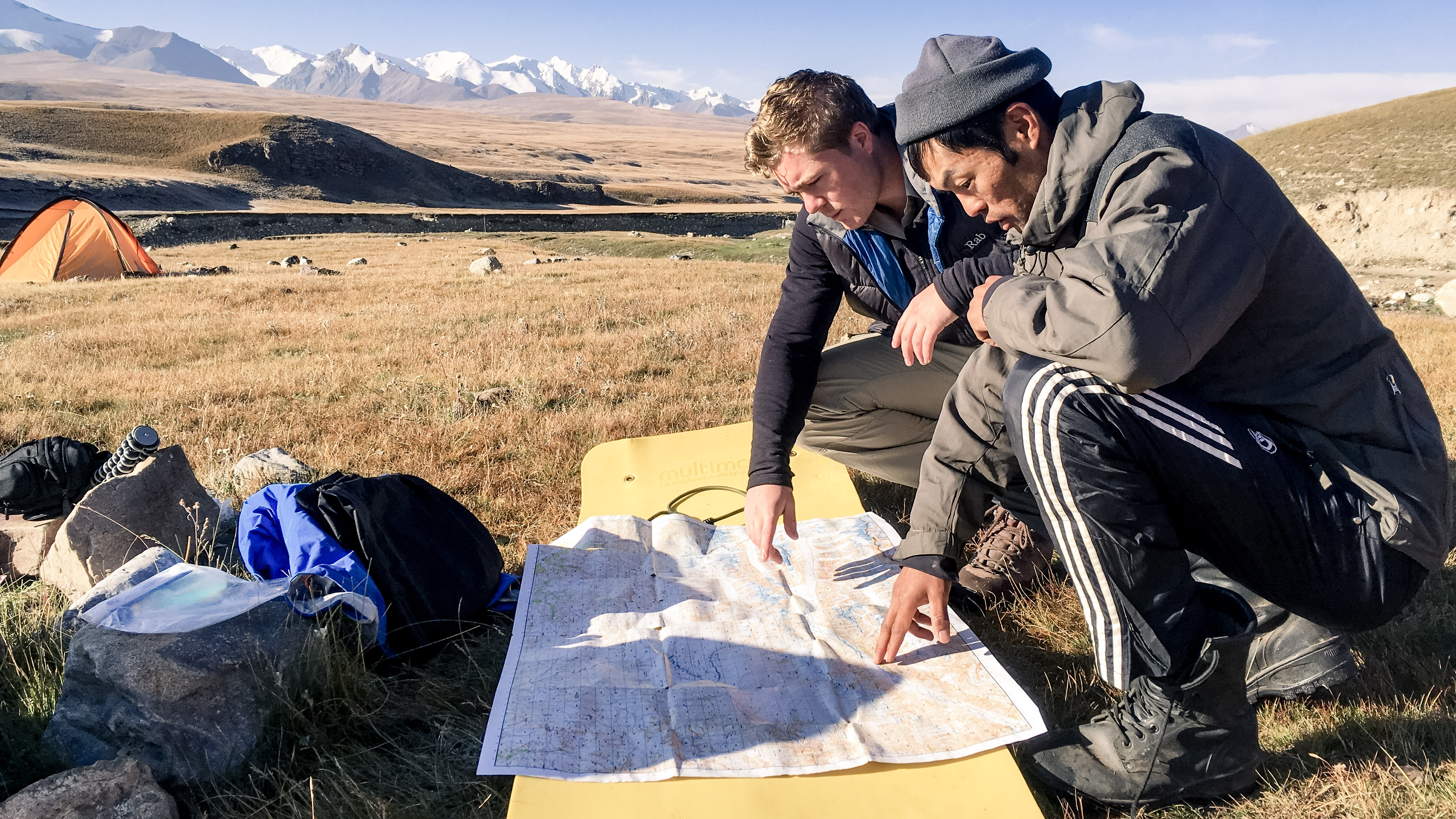 How community-based tourism can reshape travel for the better
How community-based tourism can reshape travel for the betterIN And five tips for finding a responsible community travel company
-
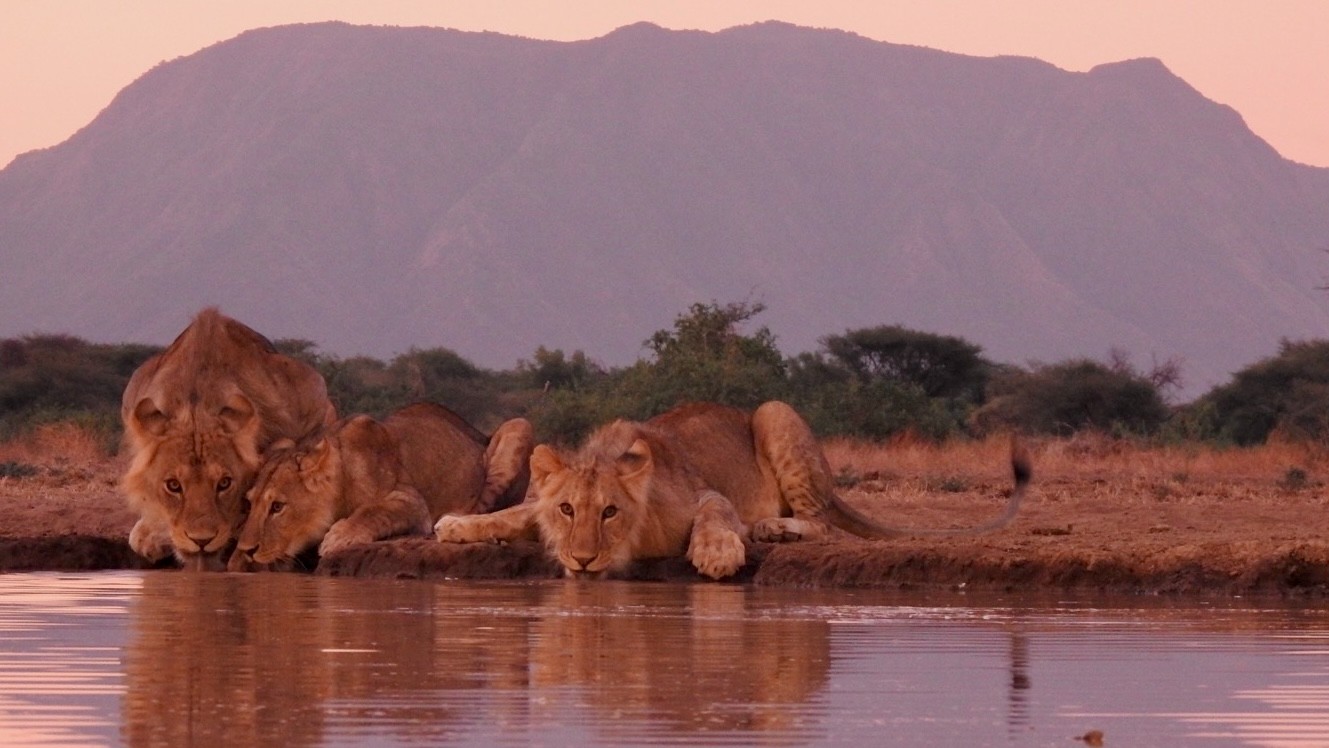 Explorations Company: a Kenya safari adventure beyond the expected
Explorations Company: a Kenya safari adventure beyond the expectedThe Week Recommends Experience Kenya's wild beauty on a safari that combines close wildlife encounters with conservation and community initiatives
-
 The week's good news: Jan. 4, 2023
The week's good news: Jan. 4, 2023Feature It wasn't all bad!
-
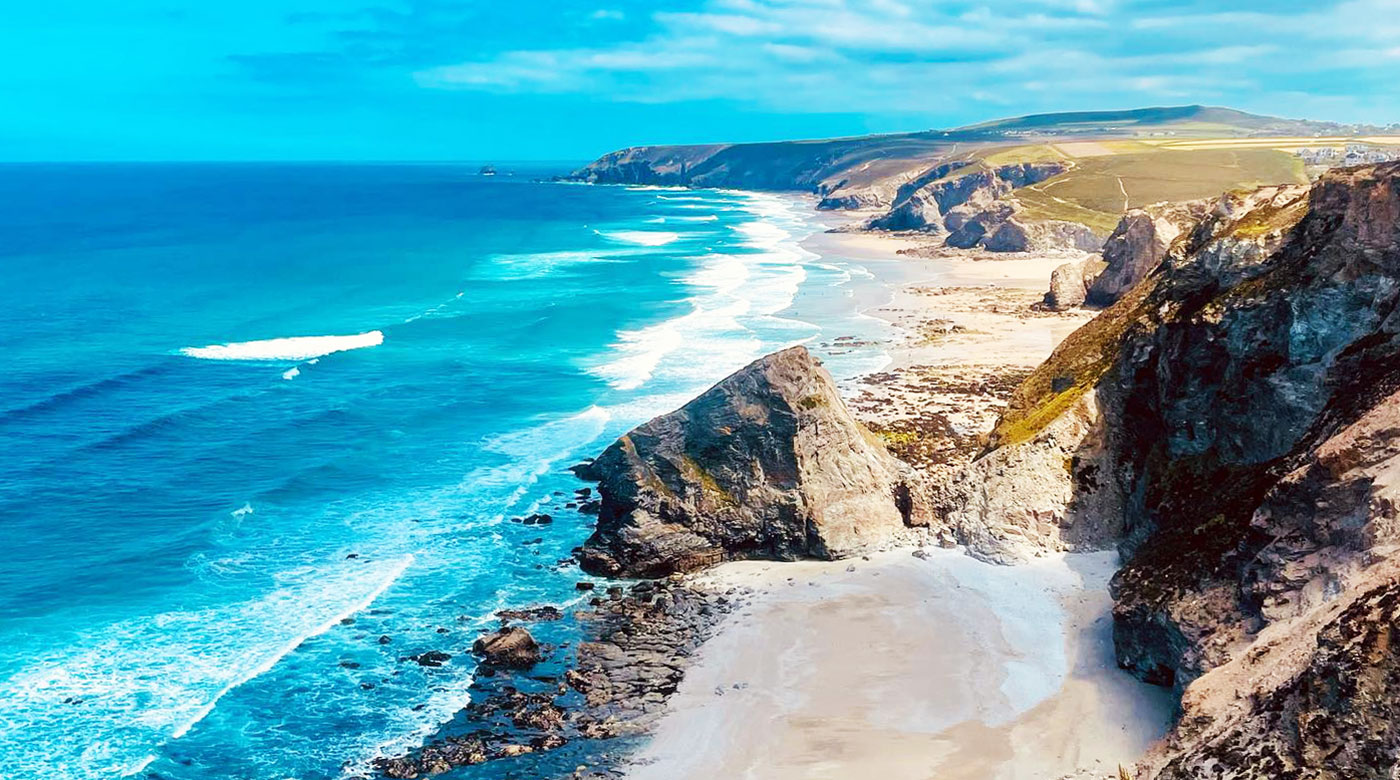 UK adventure breaks: challenge yourself on an active staycation
UK adventure breaks: challenge yourself on an active staycationThe Week Recommends From the South Downs to the West Highland Way, Britain is one big adventure playground
-
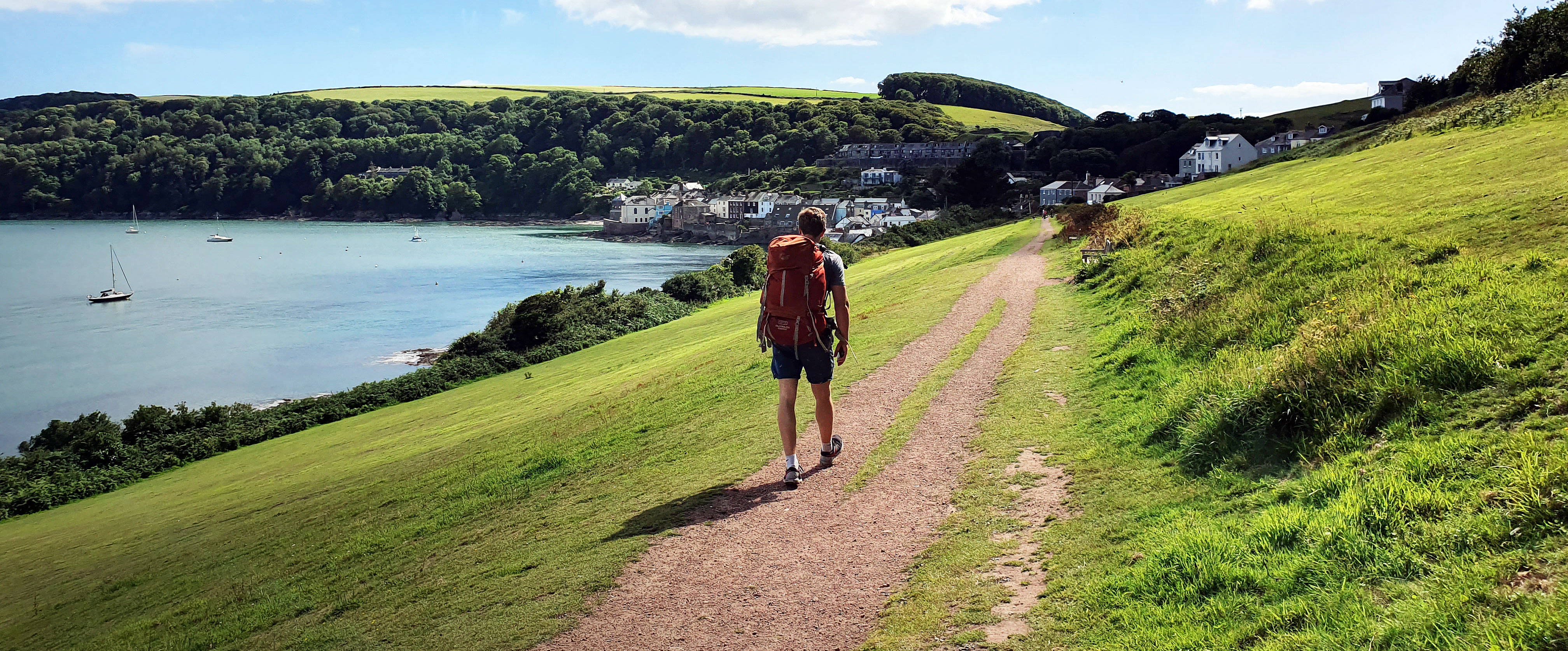 Hiking the South West Coast Path: a Covid micro adventure
Hiking the South West Coast Path: a Covid micro adventureThe Week Recommends The Plymouth-to-Falmouth trail is perfect for blowing away lockdown cobwebs
-
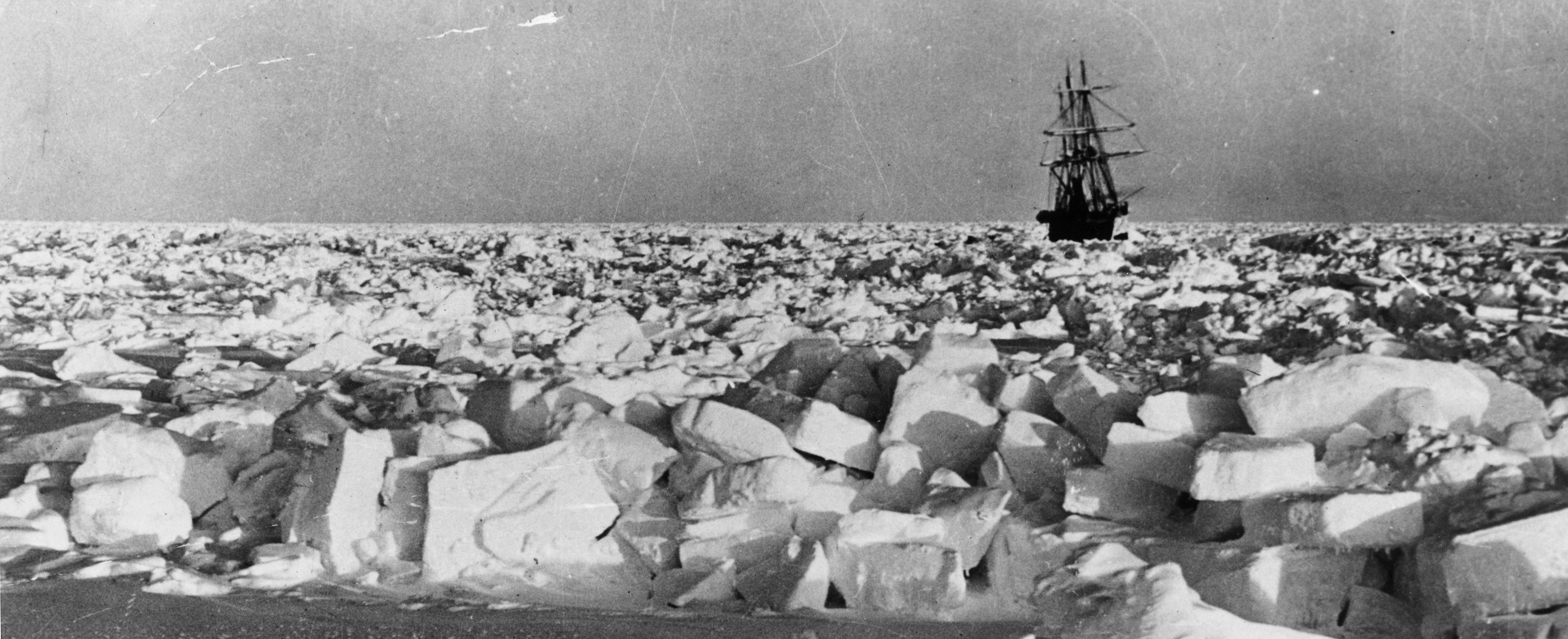 An adventurer’s guide to social isolation
An adventurer’s guide to social isolationIn Depth The Week’s resident expedition leader, Henry Haselock, on what we can learn from the heroics of the past
-
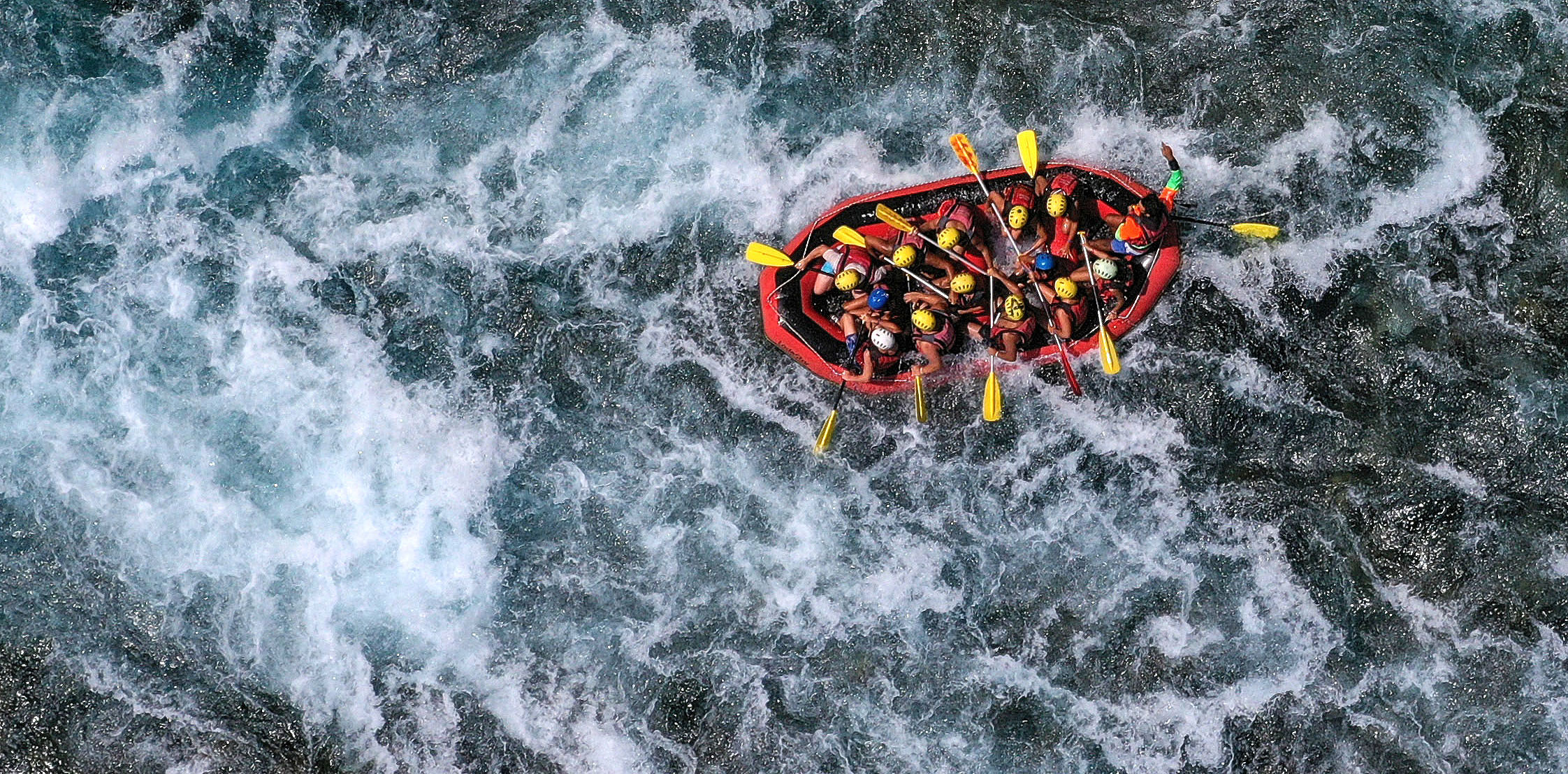 Weekend adventurers: seven days out in the great outdoors
Weekend adventurers: seven days out in the great outdoorsThe Week Recommends


